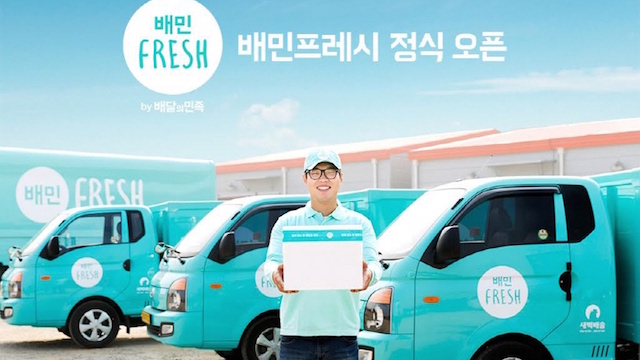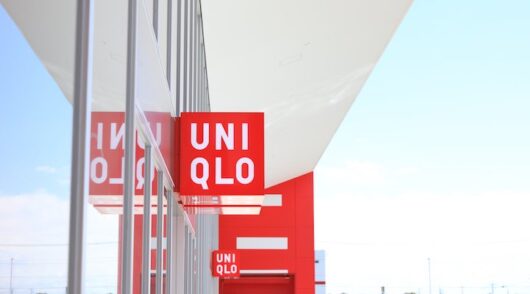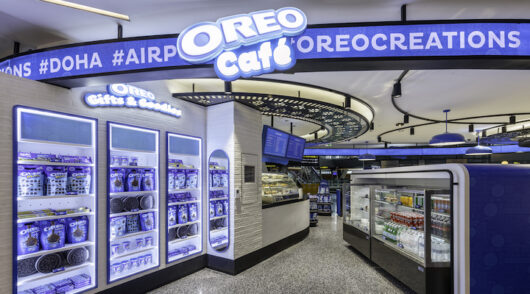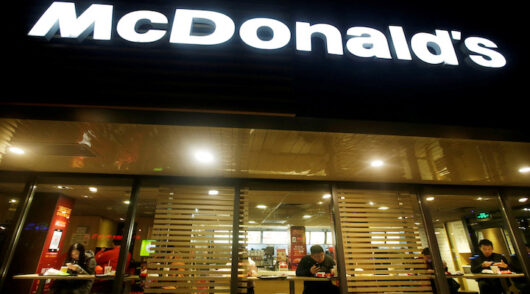Korean food delivery apps are experiencing a boom, driven by burgeoning demand amid the spread of the lone-eating trend and a rising number of single households, industry sources say.
Baedal Minjok, a leading mobile delivery app run by local startup Woowa Brothers, raked in 84.8 billion won (US$74.8 million) in revenue last year, up 71 per cent from a year earlier, according to data by the Financial Supervisory Service (FSS).
The company made a turnaround with some 2.5 billion won in operating profit for 2016, from running 24.8 billion won in the red a year earlier.
Woowa Brothers cited a steady growth in orders based on a wider range of delivery services that helped fuel sales. Its monthly tally on delivery orders surpassed the 10 million mark for the first time last December, up nearly twofold from 5.2 million on a monthly basis.
Analysts also noted that reduced marketing costs, which more than halved to 7.5 billion won as of end-2016, lent support to the better yearly performance.
Local mobile app tracker WiseApp said that users of Baedal Minjok, a Korean phrase that translates into “Delivery Nation,” stood at 2.98 million in February alone, far outpacing its rival Yogiyo that recorded some 1.78 million users in the same month. Yogiyo is also a Korean phrase that translates into “here we are.”
Market watchers said the robust growth in food delivery apps come as the new trend of “eating alone” and a rapid increase in single households have spurred demand for such services.
As of 2015, single-member households numbered 5.2 million, accounting for 27.2 per cent of the total households and becoming the most common household type in Asia’s fourth-largest economy.
The demand for mobile-based food delivery prompted other app creators to join the bandwagon. This week, food delivery app UberEats, run by US cab-hailing service provider Uber Technologies Inc, unveiled its plan for a local launch in South Korea.
Some industry experts, however, cautioned that such heightening market competition could lead to low profitability. Despite the turnaround, Baedal Minjok’s operating profit ratio hovered less than 3 per cent, with its cumulative losses standing at 38.1 billion won.
“Many restaurants that have partnered up with a food delivery app face the burden of paying extra either in the form of a fee or advertisements. It’s hard to say that the market has the potential for further upturns in the future,” an industry official said.
- Original reporting by Yonhap, via Korea Bizwire.






